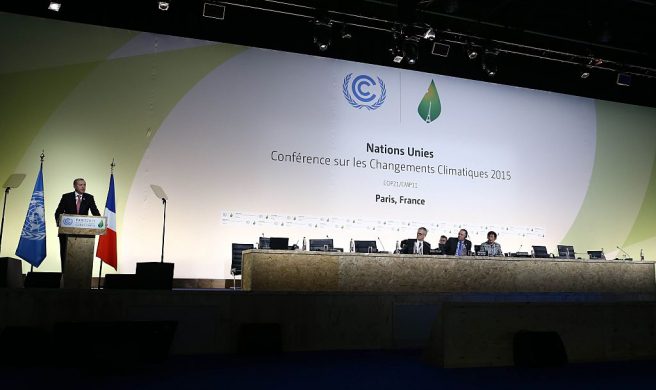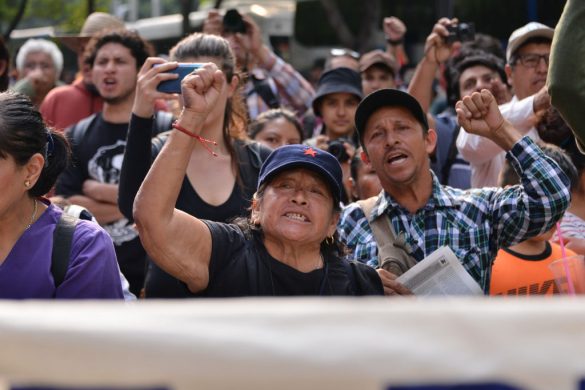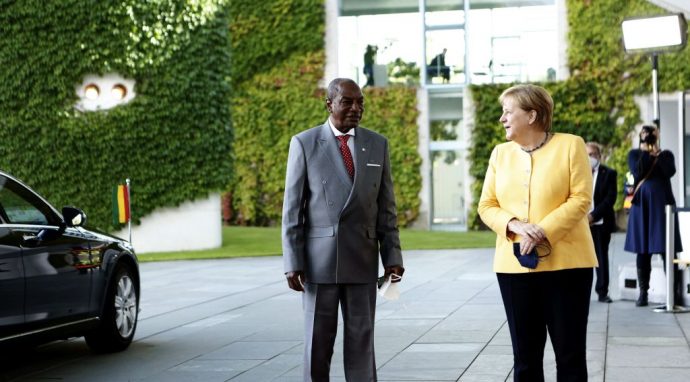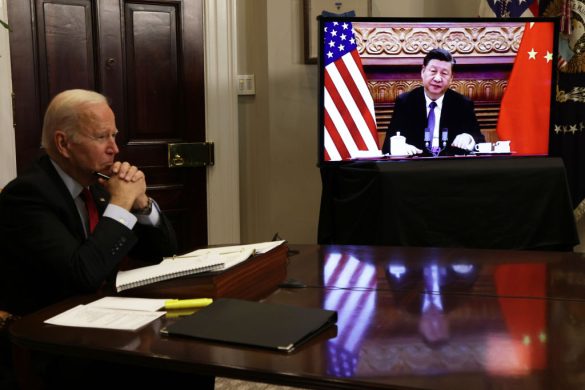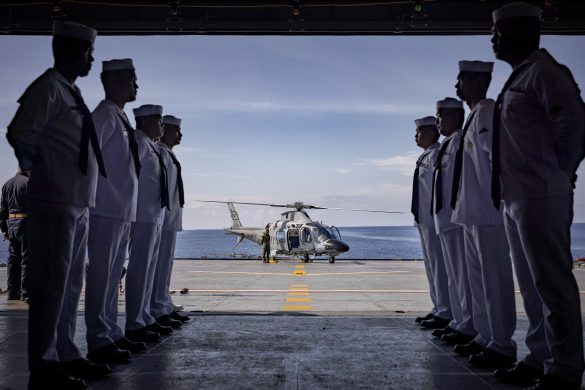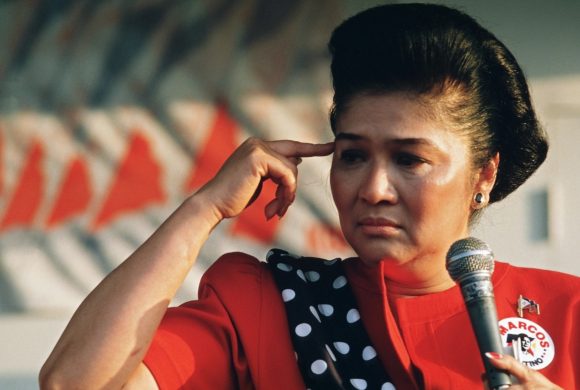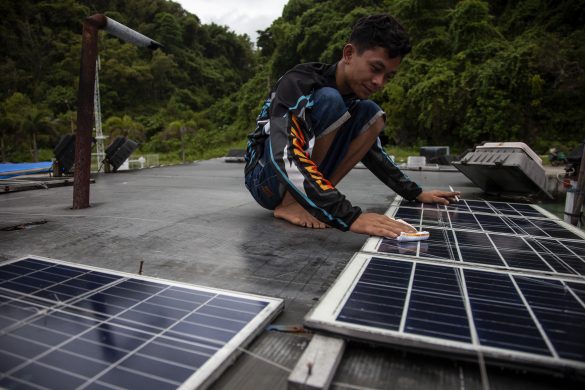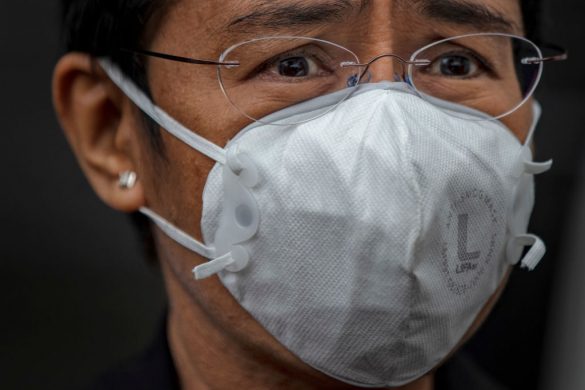NEW YORK, 9 March, 2017 (Human Rights Watch): While attending a memorial service today for four policemen, Philippine President Rodrigo Duterte urged the army to “Go ahead, flatten the hills.” In counterinsurgency operations, he said, “anything goes for now. If there’s collateral damage, pasensiya” – using a Tagalog word that can mean either “I’m sorry” or “Too bad.”
His rhetoric, in response to the officers’ killing the previous day by Communist New People’s Army (NPA) insurgents in the southern Philippines, may cost many civilians their lives.
International humanitarian law, or the laws of war, rejects the “anything goes” approach to warfare and places specific restraints on all parties to an armed conflict to spare civilians and other non-combatants the horrors of war.
Armies must take all feasible precautions to minimize harm to civilians. Attacks against lawful targets cannot be indiscriminate or cause civilian loss greater than the expected military gain.
Were the Philippine military to “flatten the hills” without regard to civilian loss of life and property, those involved would be committing war crimes.
Ofte civile ofre
In its several decades of armed conflicts with the NPA and various Muslim insurgencies, the Philippine armed forces have committed numerous laws-of-war violations in which troops did not distinguish between rebel fighters and civilians. Many farmers and indigenous group members have been targets of attacks.
In 2013, when fighting turned Mindanao’s Zamboanga City into a battlefield, Muslim rebels and army soldiers showed little regard for civilian protection, and dozens were killed.
Past military offensives elsewhere in the south have been conducted in a manner that has displaced hundreds of thousands, many indigenous peoples.
Duterte’s counterinsurgency rhetoric is frighteningly reminiscent of his praise and encouragement for police killings of suspected drug users and drug dealers, which has instigated unlawful force and incited violence.
He should promptly make clear to the armed forces that counterinsurgency operations are constrained by law, and that those who violate them, from the lowliest private to the commander in chief, will be held to account.



